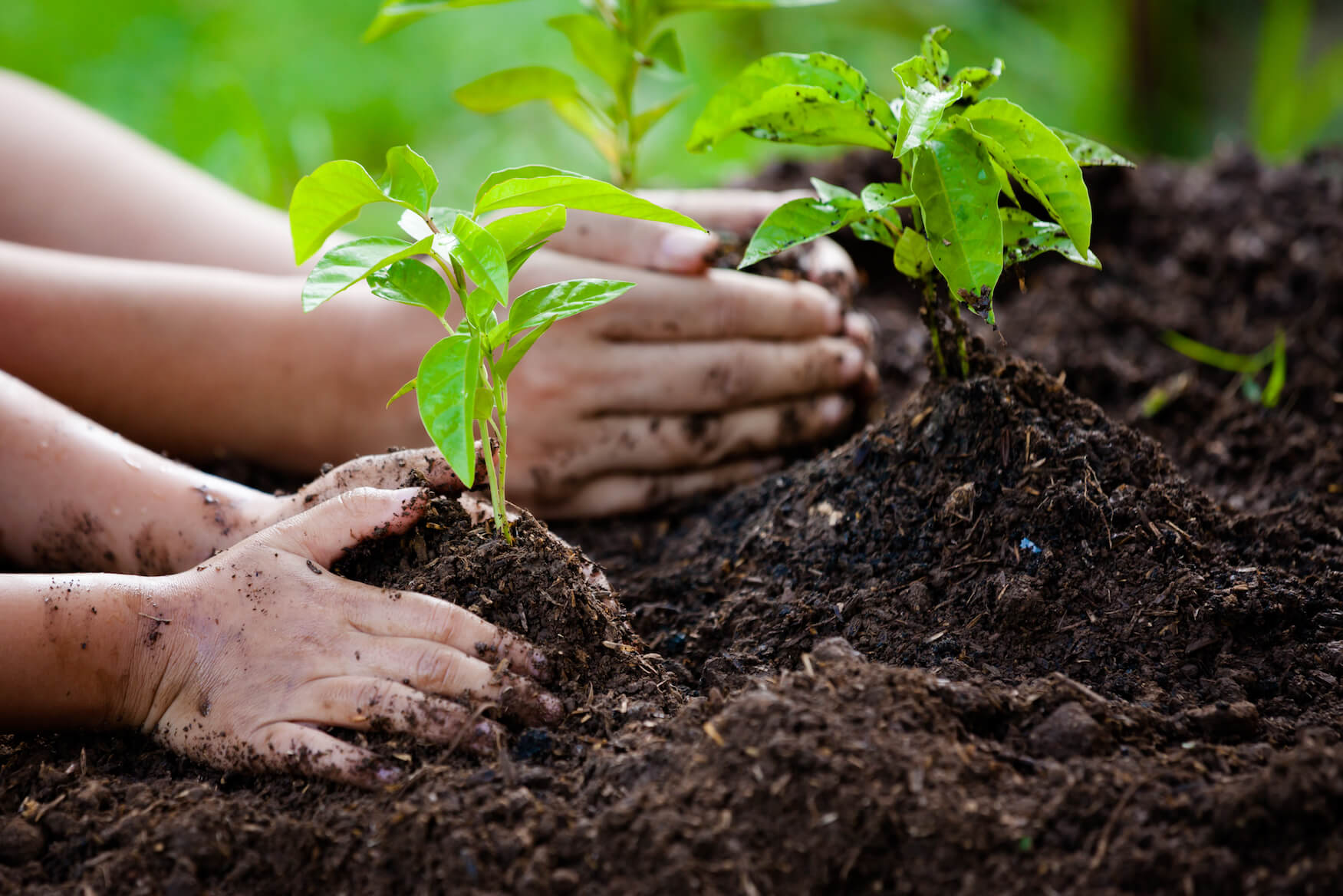Planting around playgrounds help protect children from air pollution – Research

Planting vegetation between roads and playgrounds can reduce the air pollution that reaches school children, a new research stated.
The research is published in the journal Scientific Reports.
Roadside vegetation can be designed and maintained to achieve rapid, significant and cost-effective improvement of air quality.
Exposure to traffic-related air pollution has been linked to health risks including cardiovascular, respiratory and neurological health. These risks are likely to be exacerbated in young children attending primary schools next to busy roads.
Exposure to fine particulate matter in air pollution is reportedly the largest environmental risk factor contributing to cardiovascular deaths and disease globally, and is linked to six to nine million premature deaths each year.
The school with western red cedar saw the biggest overall reductions. Almost half (49%) of black carbon and around 46% and 26% of the fine particulates emitted by passing traffic were captured by the western red cedar tredges.
The tredges also significantly reduced the magnitude and frequency of acute ‘spikes’ in air pollution reaching the playgrounds.
“Our findings show that we can protect school playgrounds, with carefully chosen and managed tredges, which capture air pollution particulates on their leaves. This helps to prevent at least some of the health hazards imposed on young children at schools next to busy roads where the localised air quality is damagingly poor, and it can be done quickly and cost-effectively,” said study co-author Professor Barbara Maher.
The western red cedar performed best because its leaves act as a filter, capturing particulate pollution. “This takes them out of the local atmosphere and therefore reduces the exposure to these traffic-sourced air pollution particulates of the children and staff in the playground.” said Professor Maher.
The researchers believe ivy was not as effective because of the smooth, waxy surface of its leaves, making it less effective at capturing and removing pollution from the air.
These benefits are not just limited to schools, carefully selected and managed tredges could be used in urban areas to reduce the damaging health impacts of exposure to traffic pollution.
The study was supported with funding from Manchester City Council and Transport for Greater Manchester, and Groundwork Greater Manchester which installed the tredges and ran ‘citizen science’ workshops.
“We were keen to be part of this study as Manchester seeks to embrace innovation in our efforts to become a greener city with cleaner air and tackle climate change,” said Councillor Tracey Rawlins, Executive Member for Environment for Manchester City Council.
“We note these positive findings with interest and will consider how we can use the lessons from this project to make further targeted use of green infrastructure in the city.”
